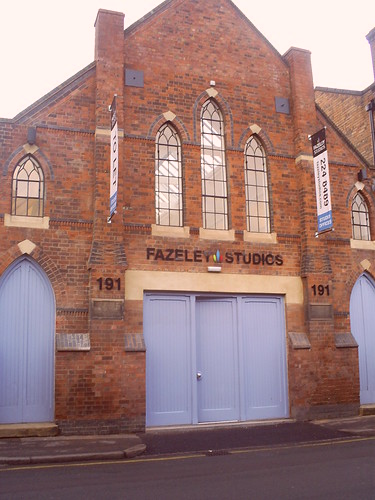Interesting to see that even the government recognises that attempts to control copyright infringment on the net may soon turn out to be a waste of time. That’s not going to stop them trying though.
In the new paper (pdf here) on a future Digital Rights Agency, there is a plan to introduce legislation to ensure that Internet Service Providers can and do have folk for peer to peer and free downloads of copyright material.
Our vision is for the legislation proposed and the rights agency to form an
integrated approach to content online, and we need to ensure that taken
together they create an environment where investment in creativity online is
rewarded, and deliver a practical solution to online infringement. This would
provide a comprehensive framework that helps legitimate and attractive digital
content to flourish while ensuring it is not fatally undermined by people taking
creative products for free and without permission, either through peer-to-peer
file-sharing or other threats that may emerge in the future.
We have set out here a model which allows industry to keep control of how
this environment is created. This model depends on a strong rights agency
that can and does require specific actions of its members. We do not wish to
be more prescriptive in legislation – that would not be the best outcome for
anyone – including rights holders. We recognise that we would run a real risk
of legislating to require specific actions that may turn out in practice to be
ineffective and to address only the short term problems, without the ability to
flex to deal with new situations as they arise. However, if we are not
convinced that industry is willing or able to deliver an effective rights agency
we will need to think about alternative ways to approach the issue.
On top of that the government has no desire to act as a regulator. Instead those who have most at stake in control will be asked to create the rights agency.
we are inviting industry to come together to create a body that could tackle those parts of this agenda that are for industry to deal with. In pursuit of that we are happy to work with industry as a convener and a facilitator in this process.
The problem with this approach is that it risks handing too much control of what we do on the internet to large businesses, which will presumably seek to further control us as an audience. That in turn is likely to stifle the open-ess that makes the web a powerful tool for innovation.
